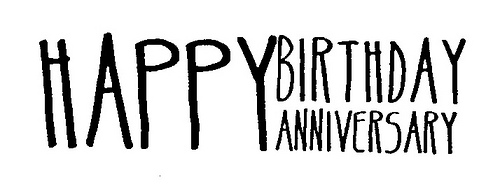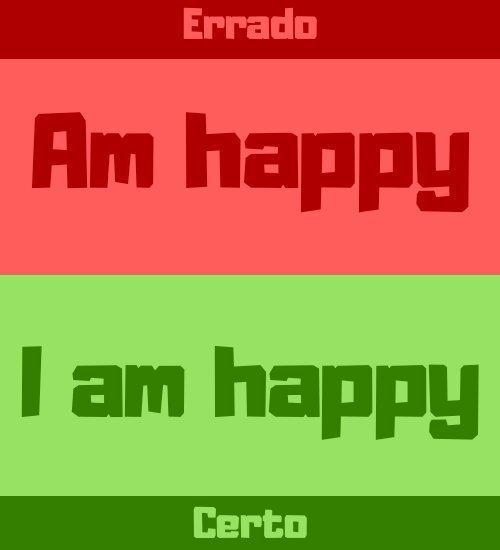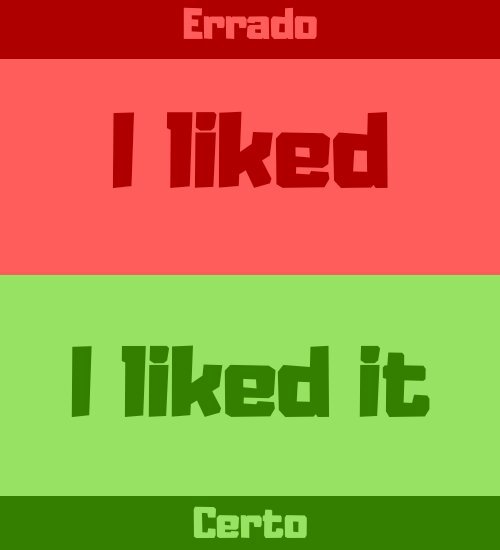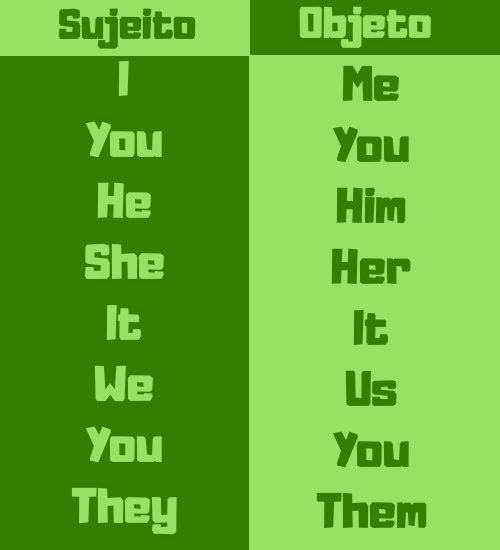
Todos sabemos como a tecnologia favorece a comunicação.
O online representa conveniência e flexibilidade.
De acordo com o Cambridge Dictionary:
ONLINE, adjetivo, UK /ˈɒn.laɪn/ US /ˈɑːn.laɪn/ , aquilo que está relacionado a um computador, ou está disponível através de um computador ou uma rede, sobretudo a Internet.
an online clothing store / uma loja de roupas on-line
ONLINE advérbio
You can book your tickets online. / Você pode reservar seus ingressos on-line.
FACE-TO-FACE advérbio, adjetivo, /ˌfeɪs.təˈfeɪs/ em pessoa, encontro cara a cara no mesmo lugar.
We’ve spoken on the phone but never face-to-face. / Falamos ao telefone, mas nunca cara a cara.
Mas a prática durante o recente período de pandemia, mostrou-nos e ainda nos tem mostrado, que a comunicação face a face, uma aula face-to-face, não precisa necessariamente ser feita por pessoas no mesmo espaço físico.
Os benefícios do face-to-face também podem ser alcançados através de um ambiente virtual, numa aula online.
Muitos têm compreendido o face-to-face, a comunicação face a face ou frente a frente, além do que o dicionário define, ou seja, apenas como poder ver a outra parte ou partes em uma conversa.
No entanto, devemos concordar, que a comunicação, a aula face-to-face no mesmo ambiente, permite uma troca ainda mais rica, quando tanto o falante quanto o ouvinte, são capazes de ver e interpretar linguagem corporal e expressões faciais, um do outro.
O encontro face-to-face presencial, envia uma mensagem antes mesmo da pessoa dizer uma palavra.
Ambos, falante e ouvinte, professor e aluno, que devem alternar-se nessas posições, se enriquecem, podendo calibrar suas entregas com o que percebem através de tom, inflexão de voz, emoção e linguagem corporal.
Cada um pode ver, perceber melhor, e assim responder melhor, às reações do outro.
Na minha experiência, observo que é mais fácil enfatizar as principais mensagens de uma fala ou explicação, reiterar e expandir ideias, incentivar feedback e engajamento contínuo, gerar e manter o foco, na aula face-to-face no mesmo ambiente.
O encontro, a aula, face-to-face no mesmo ambiente, pode ser o antídoto para nossa era digital de ritmo acelerado, e demasiada interferência de equipamentos entre nós, quando o grande número de canais de comunicação disponíveis nos leva à sobrecarga de mensagens ou desconexão.
Mantenhamos abertas as possibilidades e os esforços, para aproveitarmos o melhor que ambas as experiências, virtuais e presenciais, podem nos oferecer.
Governos, escolas, universidades, empresas, efetivamente sairam da pandemia com alguns modelos de encontros, que em inglês são:
- fully virtual;
- hybrid, blended model or schedule;
- in-person teaching with remote students;
- teaching online and in-person simultaneously.
A seguir, as muitas combinações possíveis, para nos referirmos aos seguintes temas relacionados à educação:
COURSE
- in-person, face-to-face, in-class, classroom, classroom-based, traditional, presential, on-campus / online, remote COURSE
CLASS
- in-person, face-to-face, traditional / online, remote, and remote live CLASS
CLASSROOM
- in-person, traditional/virtual, remote, online CLASSROOM
EDUCATION
- in-person / online, virtual school
- online, distance EDUCATION
LEARNING AND TEACHING
- in-person, face to face, classroom-based, *traditional / virtual, online, remote, distance / blended *LEARNING/TEACHING
STUDENT
- in-person/ remote, virtual STUDENT
SCHEDULE
- hybrid, blended MODEL or SCHEDULE (under)
INSTRUCTION
- remote, online, and hybrid INSTRUCTION
FORMAT
- being taught remotely, online or in a hybrid remote/online FORMAT
Veja também as lições Remote classes, Computer problems, e A ‘dead’ battery?









